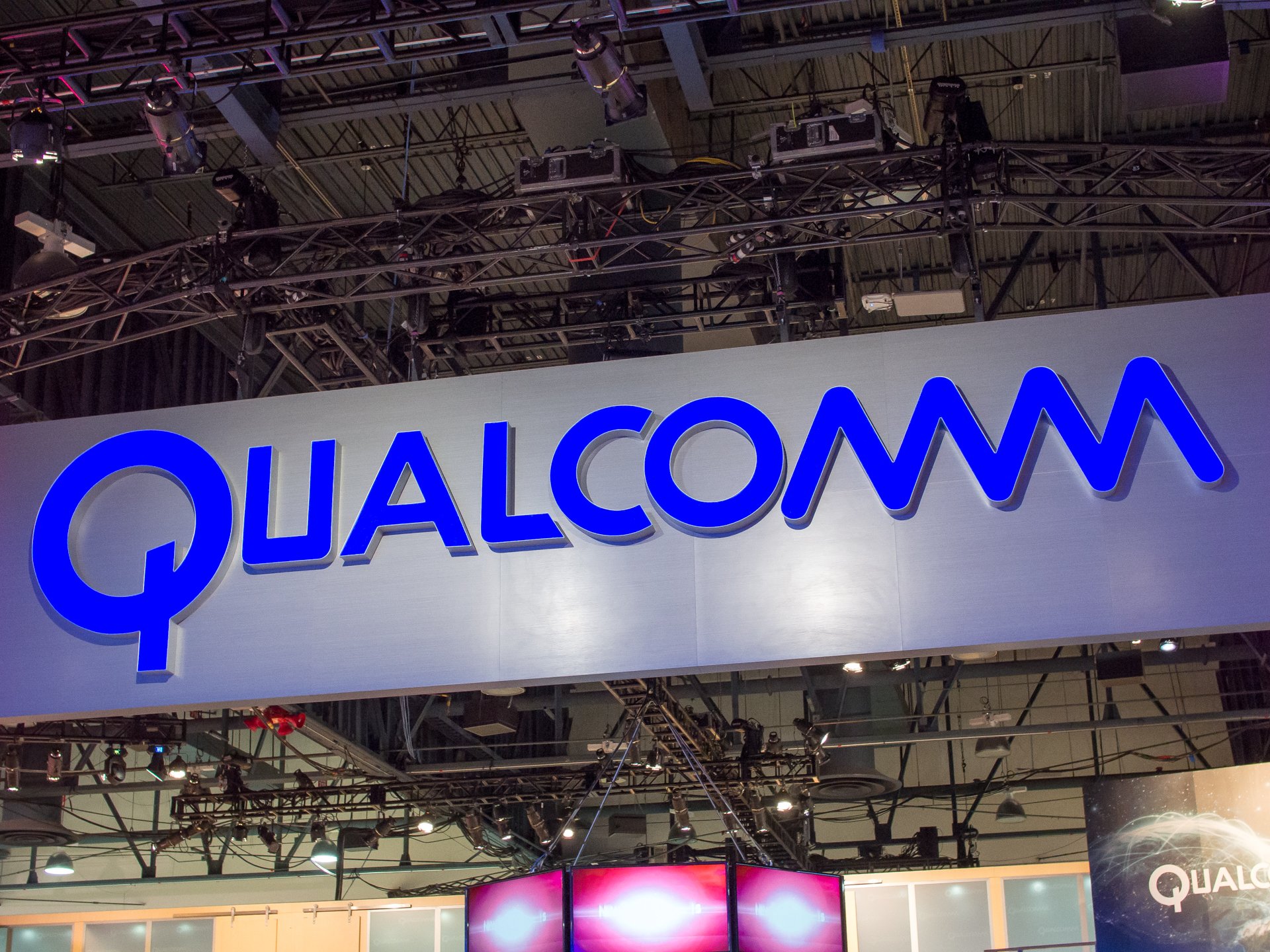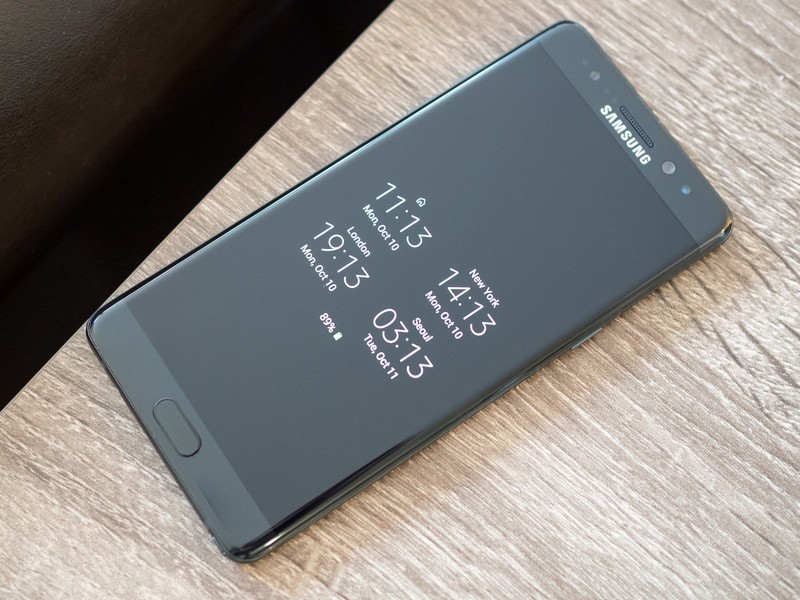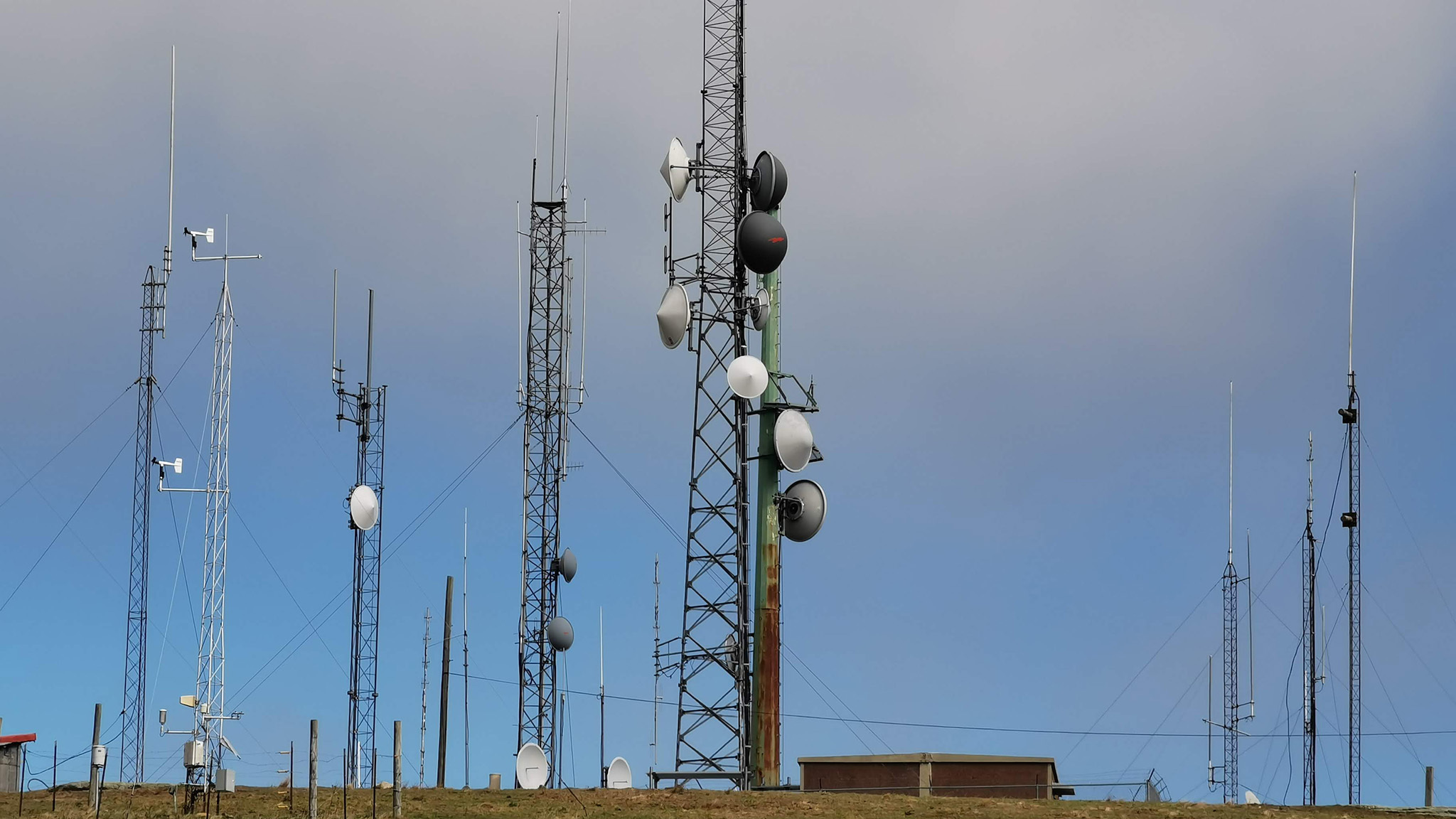Where did all of this Qualcomm hate come from?

Around the web, you'll find plenty of things written about Qualcomm. Most of it is news about its latest products, or reviews of the same products but you'll also see a new trend of ... distaste for Qualcomm. Most of the time there is no back story given about why. So that's what we're going to talk about in a non-lawyerly way and with no full disclosure on the standards-essential patents fees or any royalty caps. If you're reading and happen to know patent law, please feel free to correct the "internet wisdom" at play here in the comments so we all can benefit.
Qualcomm makes great stuff
Qualcomm has done some amazing things to move mobile forward. Its Snapdragon platform blends processing power, graphics rendering and network connectivity together in a way that's better than anything else you can buy off the shelf, especially if you're in North America. Qualcomm's products don't need to have the best CPU (they aren't), the best GPU (same, not even) or the best wireless radios (they do, though) as long as the complete package is better than anyone else's complete package. And Qualcomm's packages are just better than the competitions.
Qualcomm's networking technology is unmatched.
Qualcomm's networking technology — including things like Bluetooth and Wi-Fi as well as LTE — is a must for any mobile device in North America. Not only because it's great, but because patented technology is needed to properly connect to this generation of robust LTE networks, as well as the next generation. Qualcomm invented a lot of this stuff. And like any other company, they patented it.
Since you need to use this technology to properly connect to the latest networks, the patents are labeled as fair-use. Some rules go with that, mostly about who can use them (anyone) and what they should cost. Here's where things go south, because the way Qualcomm is charging for this technology has some other companies up in arms. And rightfully so.
Fees and royalties need to be fair

Qualcomm prices the use of their tech differently for people who buy a complete Snapdragon package than they do for a company who just wants the network patents. This isn't unheard of, and it's a fine way to sell your products: use our stuff and you don't pay extra for our other stuff. But some companies think Qualcomm is charging too much and are unhappy with the way Qualcomm is charging for these fair-use patents on their own. Most notably, Apple, who has started an action in court to have this addressed.
More: Qualcomm: Unfair, unreasonable, and discriminatory and why Apple needs to win (iMore.com)
Qualcomm is said to charge between five and seven percent of the total retail price as its FRAND (Fair, Reasonable, And Non-Discriminatory) terms for every device sold using their patented tech. There are two issues with this — the exact same tech in a $700 phone costs more than it does in a $400 phone, and as prices for other components rise or more expensive materials are used for things like camera glass or displays, Qualcomm earns more money. Many feel this is exorbitant and doesn't follow the FRAND rules.
Be an expert in 5 minutes
Get the latest news from Android Central, your trusted companion in the world of Android
A company deserves to be paid only for the things they created.
For Apple, this means it is paying a lot more to license a network patent in a 256GB iPhone 7 Plus than it is for a 32GB iPhone 7. Even though the technology is exactly the same. Apple feels like Qualcomm should not be allowed to profit from anything it didn't create. I think this is a valid complaint, and something needs addressed. I'm no fan of Apple or Qualcomm and think both companies make great products they want us to buy. But they need to do so fairly.
The fees themselves are also said to just be too high. If you're Samsung, number one you're rich as hell and can afford to buy anything from anyone when it comes to fair-use tech. But you did not get rich as hell by buying things that cut into the profit margin of a product. This is why Galaxy phones in the U.S. and Canada now use Snapdragon processors. It's a lot cheaper to build a phone with a Snapdragon SoC for sale in North America than it is to sell one with Samsung's own in-house Exynos SoC using Qualcomm's patented tech.
No profit left for the manufacturers

Things get worse if you're not Apple or Qualcomm. Not every company can afford to give 7% of the total price to Qualcomm, because they simply don't have the profit margin. Apple and Samsung have a fairly high profit built into the price of every device. Rumors suggest this is about 20% for Samsung and about 35% for Apple. While a 7% cut would be more than just a nuisance at those margins, it's a deathblow for companies who are only making 10% profit on each device.
Many companies simply can't afford a 7% cut into their profit margin.
Without mentioning any names, more than one company has stopped selling devices in the U.S. or stopped making phone altogether because they can't afford to make a phone that works great everywhere in North America, or works on Verizon and Sprint at all. You need Qualcomm's technology to do either, and using Snapdragon isn't an option in these cases. These companies simply didn't have 7% per device to pay, so they don't make a product that uses the tech. Qualcomm essentially has used what are supposed to be fair-use patents to push these companies out of the market.
My take
Again, I want to stress that I am not a lawyer. I would make a horrible lawyer because I would spend my time thinking of how an algorithm could replace a judge. But I do have an understanding of how standards-essential patents and FRAND is supposed to work, and access to the same industry whispers that anyone in my profession will hear.
Qualcomm certainly deserves both praise and money for what they've done with network technology. It's stupendous. But when a company creates something that is so good it becomes part of an industry standard, it has to be fair in the ways its usage is licensed. I'm one of the people who think Qualcomm isn't playing very fair when it comes to these very specific patents.
As much as I hate to see two companies fighting in a courtroom over who gets the pennies from my pocket, I still feel this needs addressed by the persons designated to address it.

Jerry is an amateur woodworker and struggling shade tree mechanic. There's nothing he can't take apart, but many things he can't reassemble. You'll find him writing and speaking his loud opinion on Android Central and occasionally on Threads.
